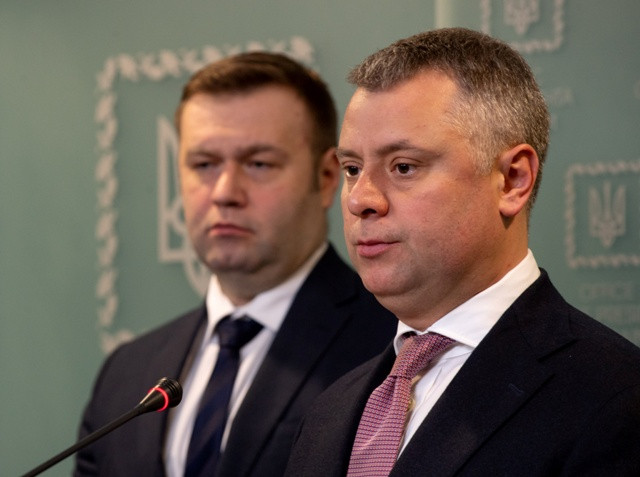Officials from Russia and Ukraine signed gas contracts after a decade of back and forth decisions. The signed deals ensured that there will be an uninterrupted supply of Russian natural gas all over the European market.
The signing between Russia and Ukraine formalized agreements made early in December. As per the agreement, Russia can transit natural gas supplies through Ukraine to Europe of up to 65 billion cubic meters in 2020. Moving forward, Russia could deliver 45 billion cubic meters annually.
The contract also entails that Ukraine will receive at least $7 billion from Russia in transit payments, Ukraine President Volodymyr Zelenskiy told the press Monday after the signing. The amount will be divided into tranches and will be paid for the next five years. Continuing his statements on Facebook, Zelenskiy said the contract ensured that Europe will not face uncertainty about its energy sources.
The contract was signed a day before the 2009 transit contract expires on Tuesday of which $2.9 billion remained to be paid by Russia to Ukraine. The contract stated payments for that amount as well as waiving all fees related to the gas flows to Europe.
The one-day advance was significant because that way, Europe won't have to deal with weeks to months-long of scarcity in gas supplies coming from Russia - a scenario feared by the European market.
Even with the signing of the agreement, however, observers noted that the amounts in the contracts remained to be smaller than what Russia had been supplying across Europe.
Russia used to transit about 40% of natural gas to Europe through Ukraine. However, President Vladimir Putin has been sounding plans to look for alternative routes to deliver supplies without having to pass Ukraine.
The two countries are involved in a conflict stemming from Russia's annexation of Ukraine's Crimea in 2014. In 2015, as a way of retaliation, Ukraine refused to purchase gas from Russia and instead purchase supplies from European suppliers of which products come from Russia.
While observers are all in agreement to blame the gas crisis to the said annexation, there was a gas supply disruption to Europe since 2005. That year was the first time the two countries clashed over gas prices when then-President Viktor Yushchenko tried to withdraw Ukraine from Russia.
There had been back and forths over a decision on gas supplies since 2005. Markets were relieved when Russia and Ukraine signed the 2009 contracts but then the 2014 Crimea annexation broke out.
Hopefully, agreements will pan out this time as both parties aimed to redevelop relations in 2020.





